USC Green Engagement Fund (USCGEF) provides creates opportunities for USC students to collaborate with each other, explore new experiences, and build community and culture through sustainability. USCGEF funding is earmarked for new projects run by USC students and student organizations that serve the university community and host events free of charge. Green Engagement Funding Guidelines…
Author: Rod Yabut
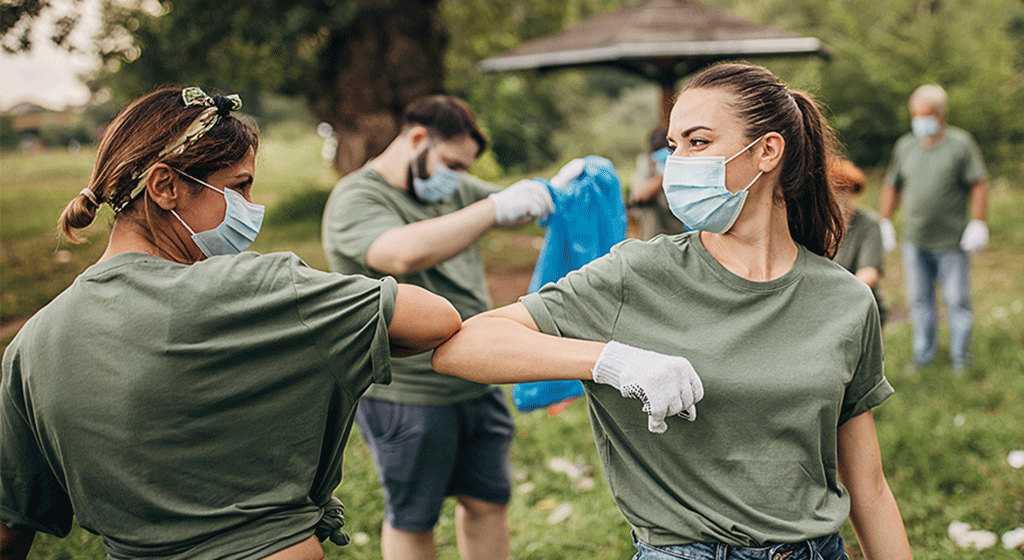
USC provides a variety of sustainability-related scholarships and fellowships for students across disciplines. These academic, research and professional opportunities in sustainability are part of a growing collection of on- and off-campus scholarships for students to advance their skills and broaden their field of interests to include the environment. See an annotation list of scholarships and…
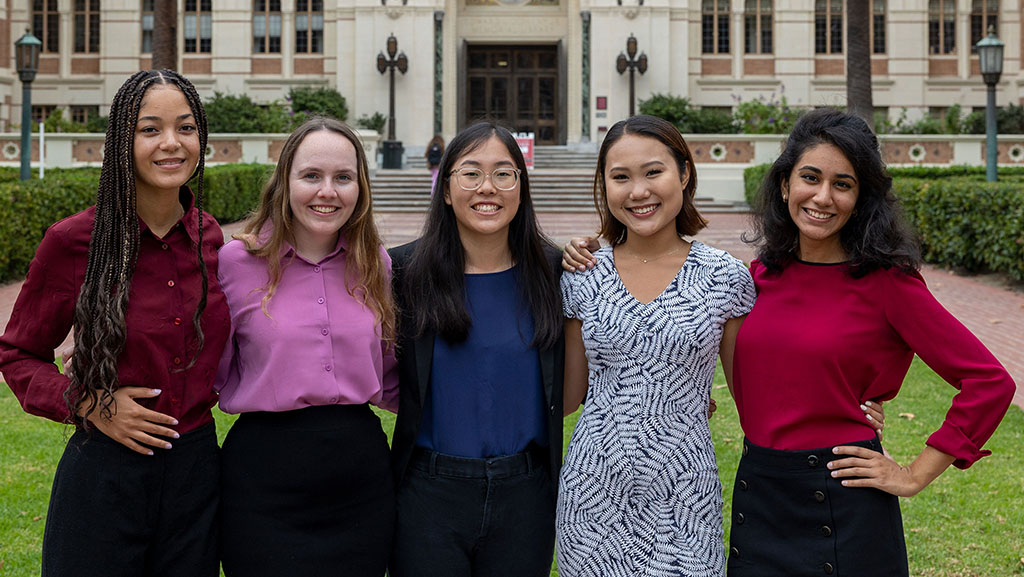
AAEES is a professional organization for students that brings professional resources and opportunities to USC students and fosters community between environmental engineers and scientists.

The Trojan Farmers Market is an open-air marketplace that brings fresh, locally sourced produce every Wednesday to McCarthy Quad, 11 am to 3 pm. EBT is accepted.

The Arts & Climate Collective (ACC) centers arts, culture and storytelling to address sustainability and environmental justice. The ACC supports USC students’ work and engagement with funding, guidance, communications and community.
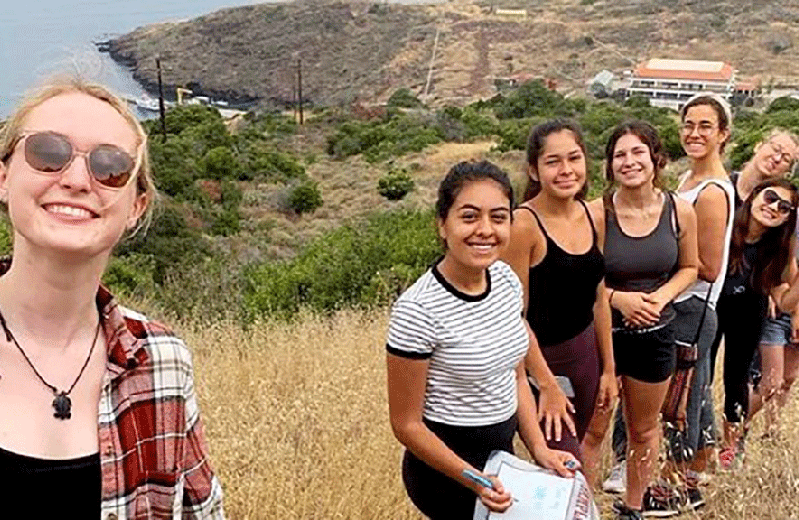
The Environmental Studies Program offers majors, minors, and masters programs in the interdisciplinary fields of environment and sustainability with the goal of educating the next generation of leaders.
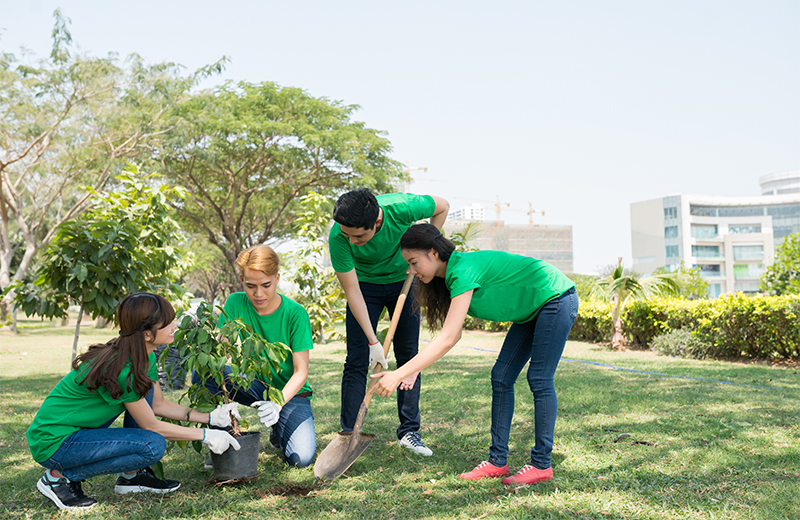
The Green Engagement Fund supports student-driven, innovative projects that create opportunities for USC students to collaborate with each other, explore new experiences and build community and culture through sustainability.
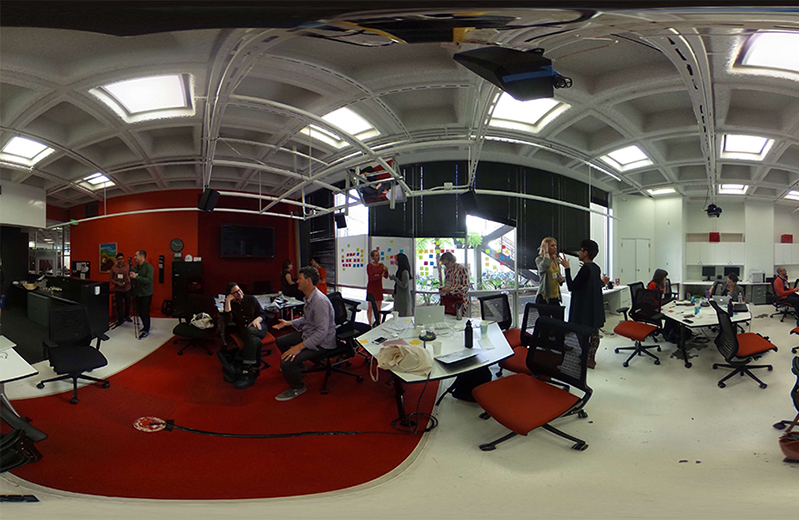
We are a curious, creative and committed Think & Do Tank that practices innovation as a collaborative exploration involving artists, scientists, humanists and industry professionals.
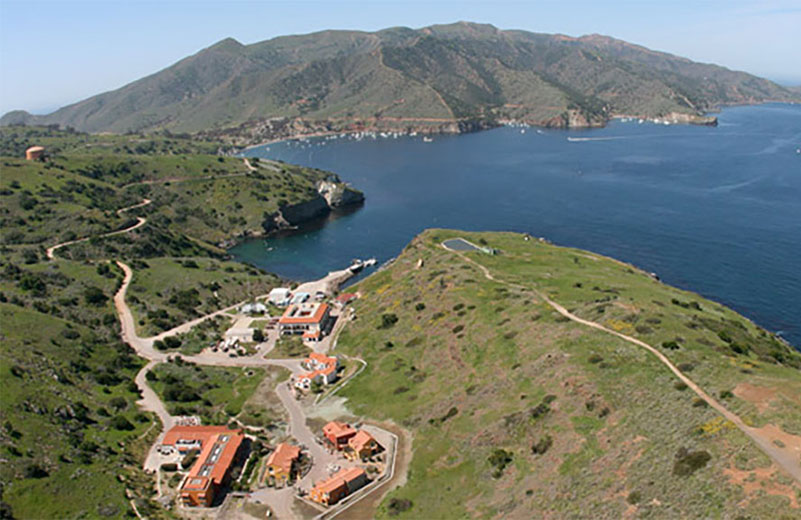
Based on USC’s Los Angeles campus and Catalina Island, the Wrigley Institute works at the intersection of people and the planet by training the next generation of environmental and sustainability change-makers.
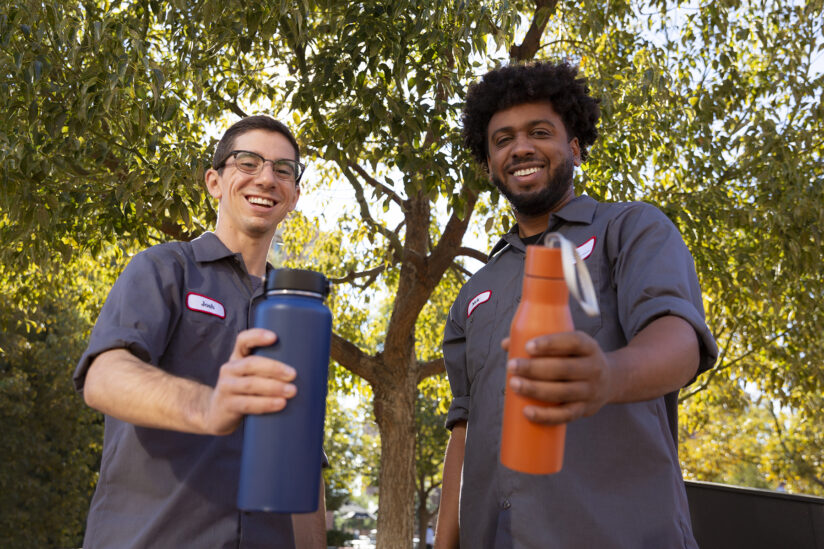
Those single-use bottles are on their way out as water refill stations proliferate on USC’s University Park and Health Sciences campuses. Water refill stations, also known as hydration stations, are a sophisticated upgrade. They dispense cool water through a high-grade filter. Each one represents a significant investment. The installed units can cost upwards of $2,000.…